
Recommendation
The city of Maricá in Brazil showcases the benefits of socioeconomic engineering through its provision of a universal basic income, underpinned by its establishment and oversight of a sovereign wealth fund. As activists Paul Katz and Leandro Ferreira explain in this illuminating look at the Brazilian town, these measures will benefit Maricá’s inhabitants as they deal with COVID-19. The city’s success could serve as an exemplar for governments struggling to mitigate the economic fallout from the virus.
Summary
About the Authors
Paul Katz directs the Jain Family Institute’s efforts in Brazil. Leandro Ferreira manages Brazil’s Basic Income Network.










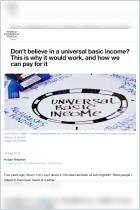
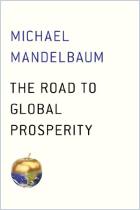
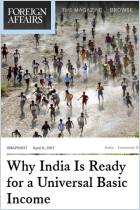
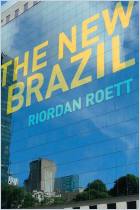
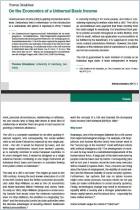

Comment on this summary or 开始讨论